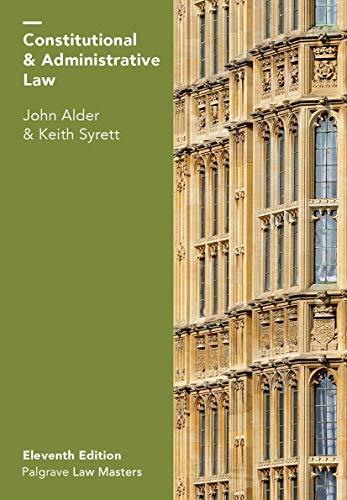Question
reword to sound better in an essay: There is a basis to argue that, if directors do not take action on climate change, for example
reword to sound better in an essay: There is a basis to argue that, if directors do not take action on climate change, for example seeking to reduce emissions and moving lending and investment portfolios and supply chains away from heavy emitting entities and projects, they may breach these duties by exposing the company to clearly foreseeable risks. Those risks may take the form of a quantifiable impact on profits, not only as climate physical and transitional risks materialise under current forecasts, but also as customers, employees and investors decline to do business with the company and as financiers and insurers become more unlikely to offer credit and insurance at affordable commercial rates.
In that sense, climate risks are not "non-financial" risks at all, and it could be argued that the "shareholder primacy" model, under which directors' duties to the company are commonly understood as a duty to maximise profits and shareholder value, inherently reflects a need to take into account and properly balance ESG risks.
Recent test cases have sought to explore this theory, including a claim lodged by Friends of the Earth against ANZ Bank with the Australian National Contact Point for Responsible Business Conduct - an organisation responsible for promoting theOECD Guidelines for Multinational Enterprises on Responsible Business Conductasserting non-compliance. Another claim filed by a shareholder of ANZ in the Federal Court of Australia in November 2023asserts that ANZ has failedto properly manage the material risks of climate change and biodiversity loss.
While targeted at the corporate level, it would not be a difficult link to assert personal liability for directors on a "stepping stone" basis - that, in exposing the company to legal breaches, the directors have breached their own duties to the company. Such a claim would be advanced under section 180 of the Corporations Act and framed as a breach of the duty to act in the best interest of the company.
At the same time, however, it cannot be assumed that ESG risks impact all companies equally, and in balancing the extensive range of competing interests and factors impacting the success of the company in both the short-term and the long-term, it may be the case that investment in a potentially costly climate change mitigation program, and other ESG-focused measures, need not be pursued in the commercial judgment of the directors.
Step by Step Solution
There are 3 Steps involved in it
Step: 1

Get Instant Access to Expert-Tailored Solutions
See step-by-step solutions with expert insights and AI powered tools for academic success
Step: 2

Step: 3

Ace Your Homework with AI
Get the answers you need in no time with our AI-driven, step-by-step assistance
Get Started


